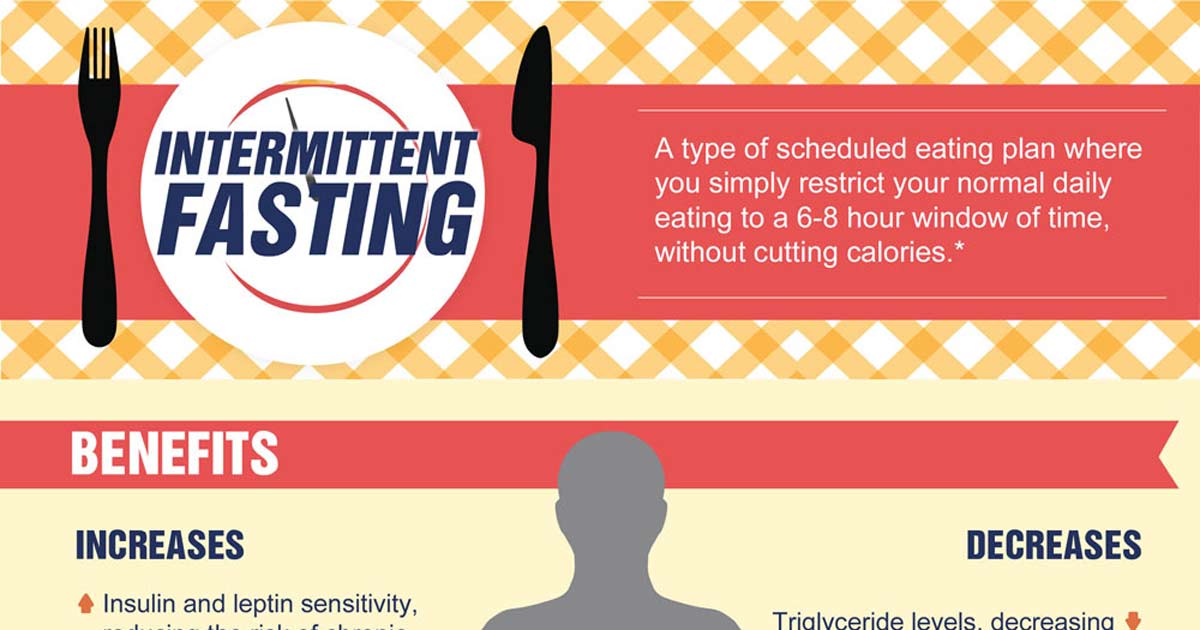Mediterranean diet may prevent heart disease, type 2 diabetes and reduce brain cell loss
 The Mediterranean diet may prevent heart disease and type 2 diabetes. The Mediterranean diet is a style of eating similar to that of people living in and around the Mediterranean. Unlike the typical Western diet, the Mediterranean diet focuses on high consumption of fruits and vegetables, the use of olive oil, minimal consumption of saturated fat and red meat and reducing the intake of sugar, fat and salt.
The Mediterranean diet may prevent heart disease and type 2 diabetes. The Mediterranean diet is a style of eating similar to that of people living in and around the Mediterranean. Unlike the typical Western diet, the Mediterranean diet focuses on high consumption of fruits and vegetables, the use of olive oil, minimal consumption of saturated fat and red meat and reducing the intake of sugar, fat and salt.
There have been numerous studies to support the health benefits of the Mediterranean diet, from protecting brain health to boosting heart health, and the list continues to grow. A fairly recent study, for example, illustrated how the Mediterranean diet may reduce brain cell loss in older age.
Mediterranean diet has been shown to reduce brain cell loss in old age
 A study published in Neurology revealed that eating the Mediterranean diet may reduce brain-cell loss in old age. The researchers uncovered that consuming red meat – somewhat of a staple in the Western diet – actually shrinks the brain, and those who consume more fish, fruits, vegetables and grains have larger brain volume.
A study published in Neurology revealed that eating the Mediterranean diet may reduce brain-cell loss in old age. The researchers uncovered that consuming red meat – somewhat of a staple in the Western diet – actually shrinks the brain, and those who consume more fish, fruits, vegetables and grains have larger brain volume.
Study author, Dr. Yian Gu, said, “It was encouraging to see that the more you adhere to this Mediterranean diet, the more protection you get against brain atrophy [shrinkage]. For people interested in the diet and lifestyle factors leading to better health, I think this is another study consistent with previous studies that indicate the Mediterranean diet is a healthy diet.”
To come to their findings the team divided up 674 adults based on their adherence to the Mediterranean diet. Participants underwent brain scans to determine brain volume and thickness. Diet and eating patterns were measured through questionnaires the participants answered.
Those who did not follow the Mediterranean diet had smaller brain volume, which equated to at least five years worth of aging.
Dr. Gu recommends consuming three to five servings of fish each week and limiting other meat to 3.5 ounces a day for optimal brain protection.
Previous study states Mediterranean diet leads to longer life in elderly
 Previous research has found that the Mediterranean diet may lead to longer life in the elderly. The study included over 74,000 healthy men and women over the age of 60 from nine European countries. All relevant information like diet, smoking, physical activity, lifestyle and medical history was recorded. Participants also recorded their adherence to the Mediterranean diet.
Previous research has found that the Mediterranean diet may lead to longer life in the elderly. The study included over 74,000 healthy men and women over the age of 60 from nine European countries. All relevant information like diet, smoking, physical activity, lifestyle and medical history was recorded. Participants also recorded their adherence to the Mediterranean diet.
The researchers uncovered that those who most closely followed the Mediterranean diet had a lower overall death rate. The association was greatest in Greece and Spain as the diet in those two countries are primarily influenced by the Mediterranean.
Mediterranean diet may help prevent type 2 diabetes
 Other research has found that the Mediterranean diet may help prevent type 2 diabetes. The findings were published in Diabetologia, where researchers followed over 22,000 people in Greece for over 11 years. During the study period, 2,300 persons developed diabetes.
Other research has found that the Mediterranean diet may help prevent type 2 diabetes. The findings were published in Diabetologia, where researchers followed over 22,000 people in Greece for over 11 years. During the study period, 2,300 persons developed diabetes.
The researchers developed a 10-point scoring scale based on the diet and found those who scored above six had a 12 percent reduced risk of developing type 2 diabetes compared to those who scored below four.
Those with the highest carbohydrate consumption had a 21 percent increase in diabetes compared to those with the lowest intake.
Researcher Dr. Carlo La Vecchia said, “The role of the Mediterranean diet in weight control is still controversial, and in most studies from Mediterranean countries the adherence to the Mediterranean diet was unrelated to overweight.”
“This suggests that the protection of the Mediterranean diet against diabetes is not through weight control, but through several dietary characteristics of the Mediterranean diet. However, this issue is difficult to address in cohort studies because of the lack of information on weight changes during follow-up that are rarely recorded,” concluded the researchers.
Mediterranean diet can lower heart attack risk and cardiovascular-related death
 Lastly, research has also shown that the Mediterranean diet can lower heart attack risk as well as cardiovascular-related death. The findings were published in The American Journal of Medicine, where researchers analyzed studies as far back as 1957 that included links between food and heart disease.
Lastly, research has also shown that the Mediterranean diet can lower heart attack risk as well as cardiovascular-related death. The findings were published in The American Journal of Medicine, where researchers analyzed studies as far back as 1957 that included links between food and heart disease.
The researchers found the studies revealed that high cholesterol levels are associated with a high intake of saturated fat, which increases the risk of coronary heart disease.
By now we know the importance of keeping our cholesterol down, and the American Heart Association recommends consuming less than 30 percent of daily calories from fat and less than 10 percent from saturated fat – commonly found in red meat and dairy.
Although the researchers, too, knew that a low-fat diet was optimal for heart health, they also believed a whole approach, as seen in the Mediterranean diet, may be successful for reducing heart attack risk as well.
Researcher Dr. James E. Dalen said, “Nearly all clinical trials in the 1960s, 70s and 80s compared usual diets to those characterized by low total fat, low saturated fat, low dietary cholesterol, and increased polyunsaturated fats. These diets did reduce cholesterol levels. However they did not reduce the incidence of myocardial infarction or coronary heart disease deaths.”
“Nutritional interventions have proven that a ‘whole diet’ approach with equal attention to what is consumed as well as what is excluded is more effective in preventing cardiovascular disease than low-fat, low-cholesterol diets,” concluded Dr. Dalen.
As you can see, there are many studies that outline the benefits of the Mediterranean diet. If you’re concerned about your risk of heart disease, diabetes or even want to slow down aging, you may wish to consider eating in this style to help improve overall health.
Mediterranean diet gets tops score. Here’s why…
Fish, tomatoes, feta cheese, chicken and lots of olive oil. We have just listed a bunch of ingredients to make a special meal, but these all have something in common: They’re stapes of the Mediterranean diet. When you think of the Mediterranean you probably think of the coast of Greece. Blue and white colors span the coastline. The sun beams down and you relax at the table, enjoying fresh ingredients and flavours. Continue reading…
-
New Type Of Weight Loss Product - Fat Absorber TDSL
Like any other weight loss product on the market, the Fat Absorber TDS
-
Diet and Exercise Remain Critically Important after Weight Loss Surgery
Many people enter the process of weight loss surgery with the promise
-
How Much Does Liposuction Cost Answered!
So, how much does liposuction cost you ask? Let’s face it.
-
Healthy Living 101: How to Read a Nutrition Label
Too often, purchasing food can be confusing, especially with all of th
-
Hypnotherapy May Be the Missing Piece in Your Weight Loss Plan
Now that we are well into the middle of May, I imagine that most Ne
-
I Lose 15 Pounds In A Month With The Right Food Items?
It is not the quantity of food that determines your weight but more pr
- DON'T MISS
- The Top 10 Benefits Of Recording What You Eat In A Food Diary
- Lose Weight Fast But Dont Starve Yourself
- Finding Your Fat Loss Trigger
- Lose Weight With the Power of Visualization
- Gastric Band Hypnosis As An Alternative To Weight Loss Surgery
- How to Reduce Obesity, Reduce Fat
- Diet Tips For Weight Loss Free Diet Tips Which You Cant Afford To Miss Part 2
- Motivation To Lose Weight - Best Weight Loss Strategies
- Diabetes Lifestyle Intervention Does Not Reduce Heart Attack Or Stroke Risk
- Hoodia 100 Real Hoodia Gordonii




